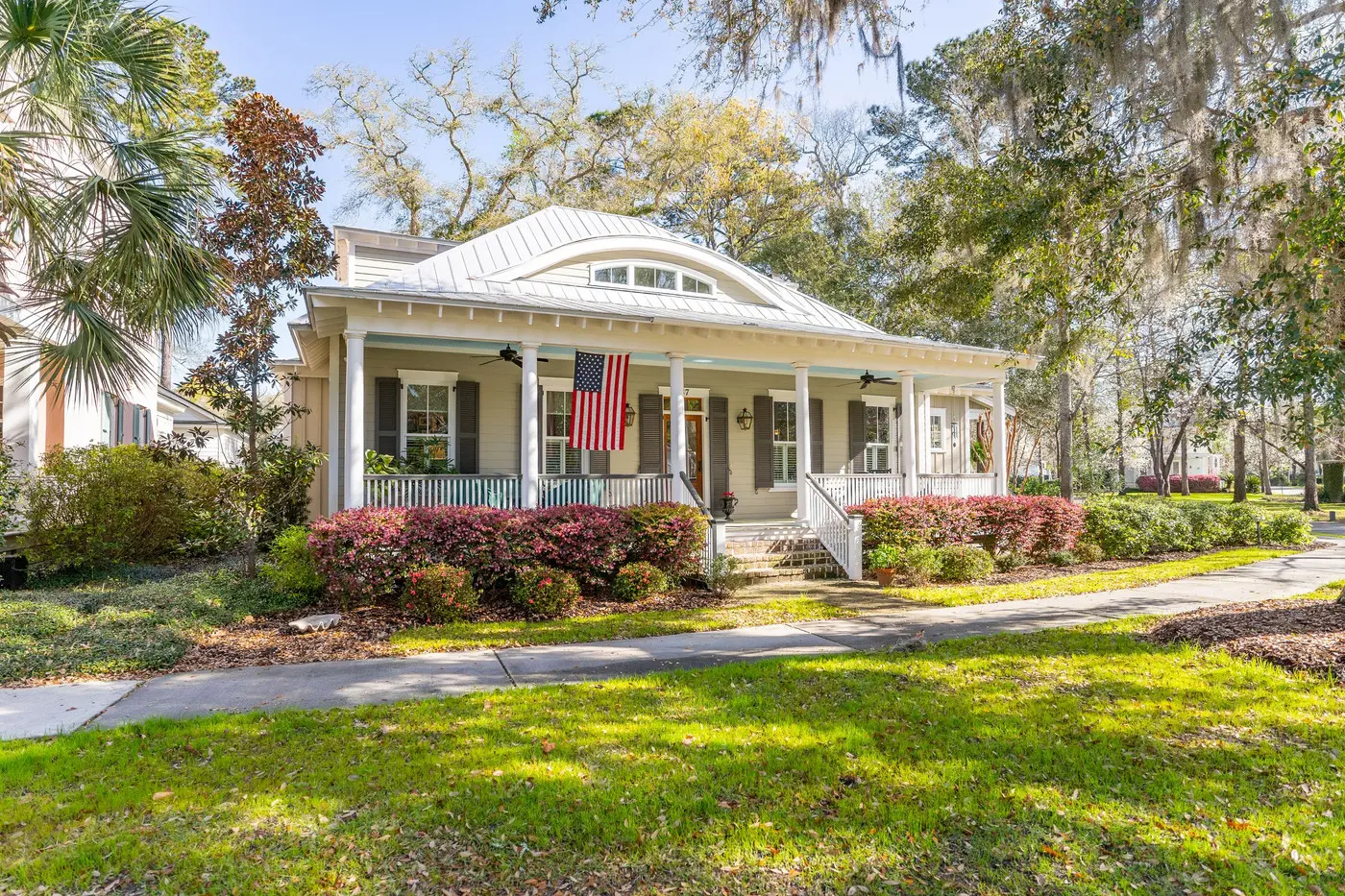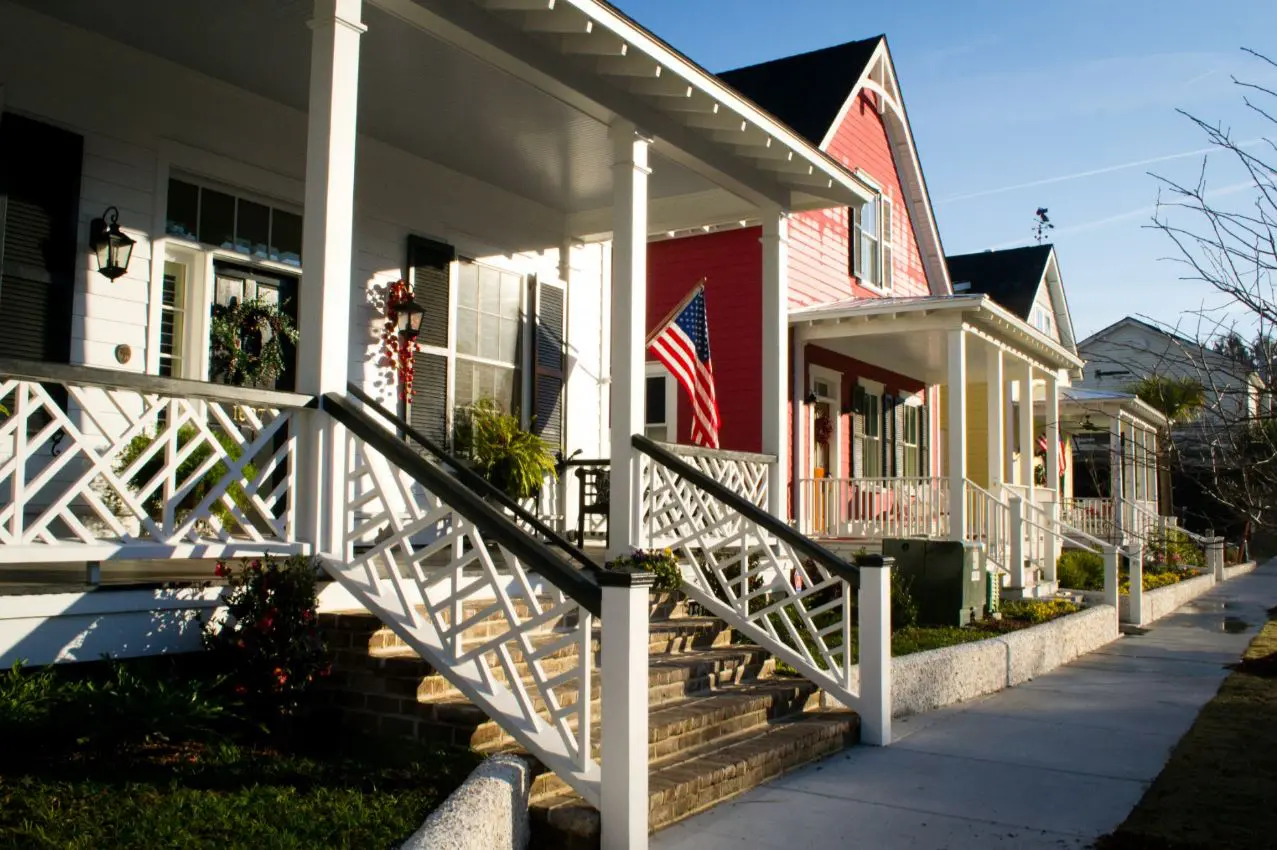Traditional neighborhoods have a timeless appeal that modern designs often struggle to capture. These areas are characterized by their walkable streets, communal spaces, diverse architectural styles that echo historical significance, and a mix of housing types that cater to different stages of life. Unlike the lonely feel of big modern suburbs, traditional neighborhoods promote people mingling, which helps create close bonds and a feeling of fitting in among the residents.
The Appeal of Traditional Neighborhoods
There’s something special about going back to our origins and the way communities were set up in the past. Traditional neighborhoods focus on creating connections among people, not just closeness. By embracing the principles of traditional neighborhood development, small-scale developers can not only provide quality housing but also foster a sense of community and connection among residents.
Embracing a Slower Pace of Life: Many people find the slower, family-centered way of life in traditional neighborhoods attractive. These areas aren’t just places to live – they’re places to develop, interact, and bond with others. Traditional neighborhoods encourage a simpler, more leisurely pace, urging residents to appreciate their surroundings, build meaningful connections, and live in a more present, thoughtful manner.
Family-Oriented Communities: With parks, schools close by, and streets safe for walking, these neighborhoods are perfect for raising families. Kids can play freely, neighbors support one another, and there’s a shared commitment to maintaining a high quality of life that is often missing in modern isolated areas.
Never Going Out of Style: While trends in architecture come and go, traditional neighborhoods have a lasting allure. The mix of different building types, good access to public transport, and varied housing choices ensure these communities remain lively and sustainable. While modern developments may need constant updates to stay relevant, traditional neighborhoods endure, their fundamental charm undiminished by time.
6 Benefits of Traditional Housing Developments
Small-scale developers can benefit in several ways by creating traditional housing developments:
- Cost-Effective Construction: Traditional housing designs often use standard construction methods and materials, which can be more cost-effective for small-scale developers compared to experimenting with complex or innovative designs.
- Faster Approvals: Traditional housing designs are more familiar to local planning authorities, which can lead to quicker approval processes for small-scale developers. However, many municipalities are still behind the curve in their zoning process and may need some extra help!
- Market Appeal: Traditional housing styles have broad market appeal and can attract a wider range of potential buyers, making it easier to sell the properties once they are completed.
- Community Integration: Traditional housing developments often blend well with existing neighborhoods and communities, helping small-scale developers establish positive relationships with local residents.
- Lower Risk: Since traditional housing designs are tried and tested, there may be lower risks of construction delays, cost overruns, or design flaws for small-scale developers.
- Historical Significance: Traditional housing developments can help preserve a region’s architectural heritage and contribute to its cultural identity, which may also enhance the reputation of small-scale developers.
By choosing traditional housing designs, small-scale developers can streamline processes, reduce risks, and attract more buyers.
The Timeless Appeal of Traditional Neighborhoods
For small-scale developers looking to make a lasting impact, the choice to build more traditional neighborhoods is a way to honor the past and move towards a future that’s more about connection and sustainability. Building these timeless communities is about more than just creating homes – it’s about nurturing strong communities, encouraging a better quality of life, and leaving behind a legacy that will be cherished for years to come.
At Allison Ramsey, we pride ourselves on our commitment to quality home plans that stand the test of time. Let’s work together to bring your traditional neighborhood development dreams to life.



